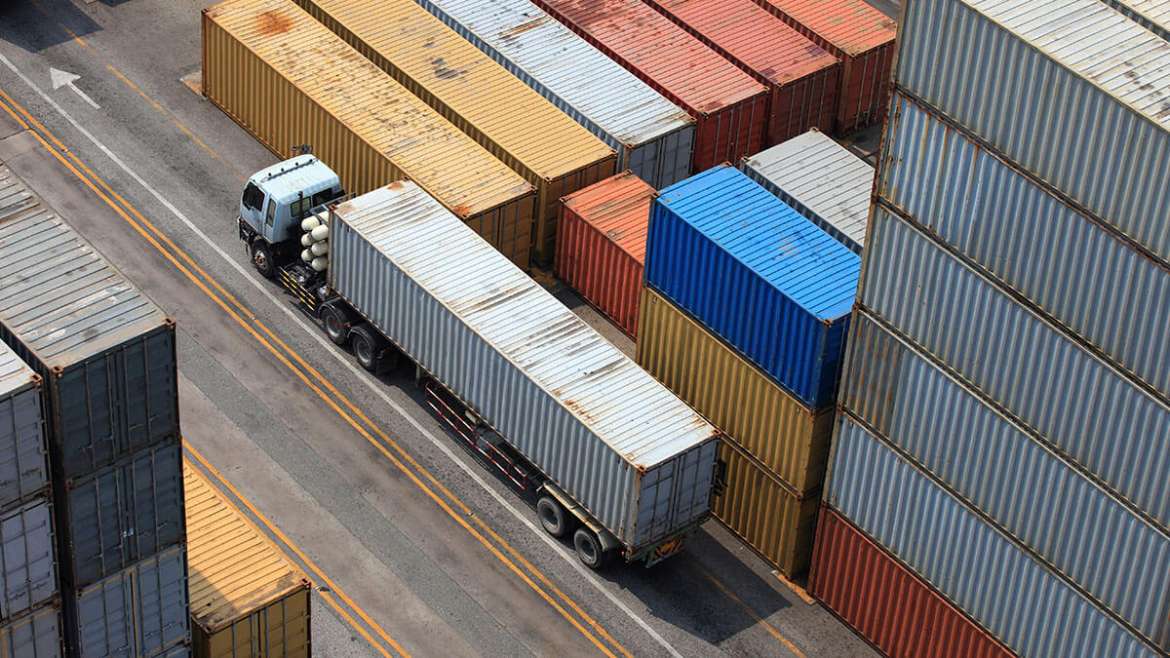In an increasingly interconnected world, international logistics play a crucial role in facilitating global trade and commerce. However, navigating the complexities of cross-border transportation and supply chain management presents unique challenges for businesses operating on a global scale. In this blog post, we’ll explore some of the key challenges faced by companies engaged in international logistics and how Shiptome , a leading logistics company, addresses these challenges to ensure seamless global connections.
Challenge 1: Complex Customs Regulations and Compliance One of the most significant challenges in international logistics is navigating complex customs regulations and ensuring compliance with import/export requirements. Each country has its own set of regulations governing the movement of goods across borders, including tariffs, duties, and documentation requirements. Failure to comply with these regulations can result in delays, fines, and even confiscation of goods.
Example: Shiptome employs a team of experienced customs brokers who specialize in navigating the intricacies of customs regulations worldwide. By staying abreast of changes in regulations, leveraging advanced customs clearance technologies, and maintaining strong relationships with customs authorities, Shiptome ensures smooth and efficient customs clearance for its clients, minimizing delays and ensuring compliance with international trade laws.
Challenge 2: Transportation and Infrastructure Constraints Transportation infrastructure varies widely from country to country, posing challenges for international logistics providers. Poor road conditions, inadequate port facilities, and limited access to transportation networks can impede the movement of goods and increase transit times. Additionally, geopolitical factors such as political instability and conflict can further complicate transportation logistics in certain regions.
Example: Shiptome leverages its extensive network of transportation partners and strategic alliances to overcome infrastructure constraints and navigate challenging geopolitical environments. By carefully selecting transportation routes, diversifying transportation modes, and proactively addressing potential risks, Shiptome ensures reliable and efficient delivery of goods to destinations worldwide, even in the face of logistical challenges.
Challenge 3: Supply Chain Disruptions and Risk Management Supply chain disruptions, such as natural disasters, labor strikes, and global pandemics, can have a significant impact on international logistics operations. These disruptions can disrupt transportation networks, cause delays in shipments, and lead to shortages of critical goods. Effective risk management strategies are essential for mitigating the impact of supply chain disruptions and ensuring business continuity.
Example: Shiptome employs a proactive approach to risk management, conducting thorough risk assessments and implementing contingency plans to mitigate potential disruptions. By diversifying suppliers, maintaining buffer stock levels, and establishing alternative transportation routes, Shiptome minimizes the impact of supply chain disruptions and ensures uninterrupted delivery of goods to its clients, even in the face of unforeseen challenges.
Challenge 4: Cultural and Language Barriers International logistics operations often involve working with partners and customers from diverse cultural backgrounds and speaking different languages. Cultural differences and language barriers can pose communication challenges and lead to misunderstandings, which can impact the efficiency and effectiveness of logistics operations.
Example: Shiptome values diversity and inclusivity and employs a multicultural team of logistics professionals who are fluent in multiple languages and well-versed in different cultural practices. By fostering open communication, promoting cultural sensitivity, and providing cross-cultural training to its employees, Shiptome ensures effective collaboration with partners and customers from around the world, overcoming cultural and language barriers to deliver exceptional service.
Conclusion: In conclusion, international logistics present a myriad of challenges, from navigating complex customs regulations to overcoming transportation constraints and supply chain disruptions. However, by employing strategic approaches, leveraging advanced technologies, and fostering strong partnerships, companies like Shiptome are able to address these challenges and ensure seamless global connections for their clients. With its expertise, experience, and commitment to excellence, Shiptome exemplifies how international logistics challenges can be overcome to facilitate global trade and drive business success.


Leave a reply